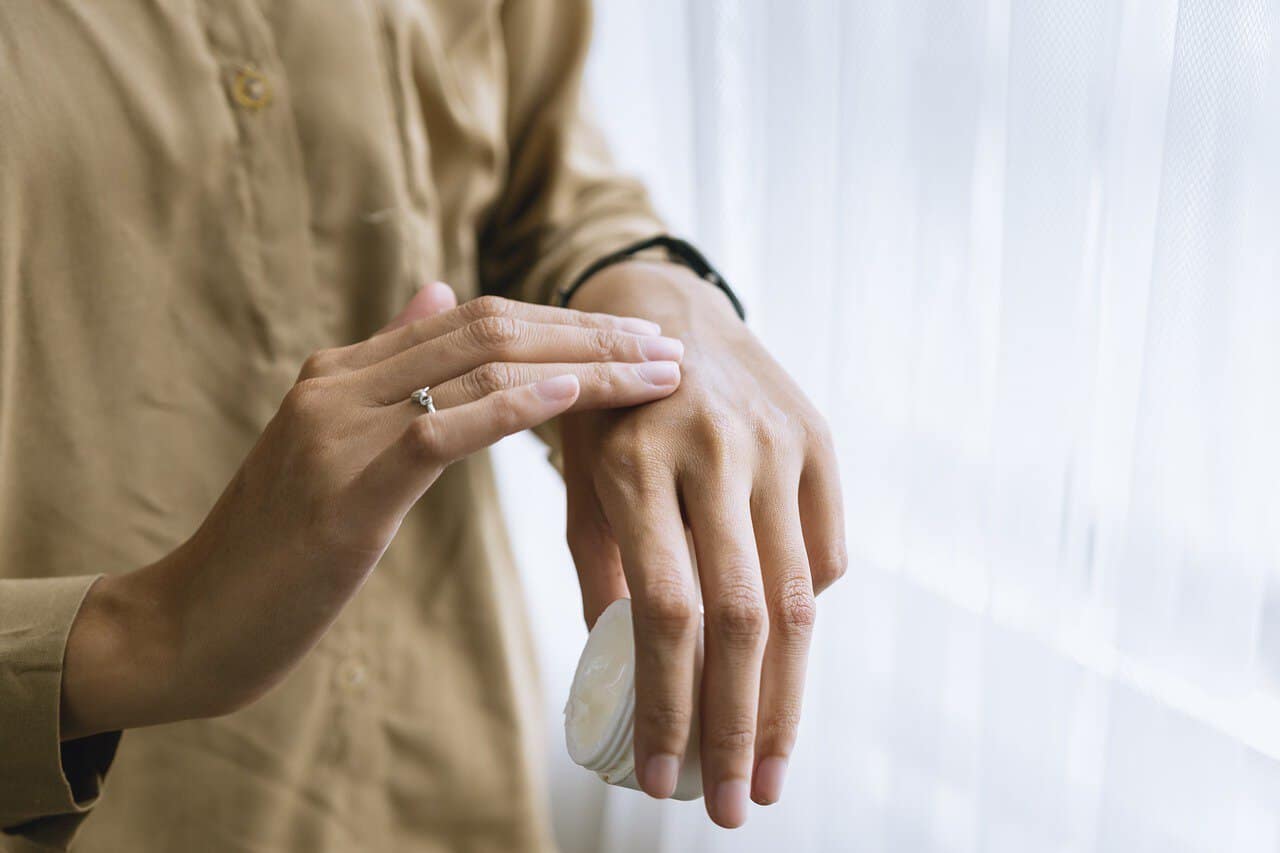Raising Low Self-Esteem: Practical Strategies to Enhance Your Confidence
Estimated reading time: 7 minutes
- Understand the roots of low self-esteem for better recovery.
- Practice positive self-talk to transform negative thoughts.
- Build a support network to enhance self-esteem through connections.
- Embrace physical activity to improve mental and physical well-being.
- Consider CBT for addressing specific negative thought patterns.
Table of Contents
- Understanding Self-Esteem
- Causes of Low Self-Esteem
- Strategies for Improving Self-Esteem
- Cognitive Behavioral Therapy (CBT)
- Conclusion
Understanding Self-Esteem
Self-esteem refers to how we perceive and evaluate ourselves, significantly influencing our interactions and general well-being. It’s not just about feeling good; it affects our relationships, decision-making, and even our mental health. Individuals with low self-esteem may experience negative feelings about themselves, struggle with relationships, shy away from challenges, or exhibit perfectionism. They might even encounter difficulty coping with setbacks and failures (Better Health).
Causes of Low Self-Esteem
So, what causes low self-esteem? Understanding these roots is crucial for building a solid foundation for change. Common causes include:
- Critical Childhood Experiences: Negative feedback from parents or significant figures can leave lasting damage.
- Poor Academic Performance: Struggles in educational settings can lead to feelings of inadequacy.
- Stressful Life Events: Situations like job loss, divorce, or bereavement can severely impact self-worth.
- Abusive Relationships: Toxic environments can diminish an individual’s sense of self.
- Mental Health Issues: Conditions like anxiety or depression often correlate with low self-esteem (Better Health, BetterUp).
- Societal Pressures: High expectations and societal norms can create an unrealistic benchmark for self-worth.
Recognizing these causes is the first stepping stone toward recovery.
Strategies for Improving Self-Esteem
1. Positive Self-Talk and Mindset
One of the most effective ways to raise low self-esteem is through positive self-talk. Challenge negative thoughts by identifying and disputing self-critical statements. Replace them with balanced, realistic affirmations. This shift in perspective can serve as a powerful tool for self-transformation (CBT for Confidence).
Self-compassion is equally important. Treat yourself as you would treat a close friend—with kindness and support. Acknowledging your struggles, without harsh judgment, fosters a nurturing environment for self-growth (Help Guide, Better Health).
2. Build a Support Network
Surrounding yourself with uplifting and supportive individuals can significantly impact your self-esteem. Engage in peer support groups or online communities where others share similar challenges and experiences (Mind). Seeking professional help, such as talking therapies like Cognitive Behavioral Therapy (CBT), can also aid in overcoming low self-esteem (Mind, CBT for Confidence).
3. Set Achievable Goals and Celebrate Successes
Setting and achieving small, manageable goals can cultivate a sense of accomplishment and gradually build self-esteem. Create clear, achievable goals, and celebrate the successes along the way. This practice not only builds momentum but also reinforces the habit of positive self-reflection (Mind, CBT for Confidence). Keeping a journal or a list of accomplishments can serve as a tangible reminder of your progress.
4. Embrace Challenges and New Experiences
Stepping out of your comfort zone is essential for boosting self-esteem. Engaging in new experiences, whether it involves learning a new skill, volunteering, or joining a class, can broaden your horizons and nurture personal growth (BetterUp). Challenges often present the opportunities needed to build resilience and self-assurance.
5. Physical Activity and Wellness
Physical health is intrinsically linked to mental well-being. Regular exercise can enhance self-esteem by releasing endorphins and improving body image. Combine exercise with a balanced diet and adequate sleep to support overall mental health (Help Guide, BetterUp). Recognize that self-care is not selfish but a vital necessity.
6. Mindfulness and Self-Reflection
Incorporating mindfulness techniques into daily life can help manage anxiety and promote overall well-being. Techniques such as meditation or deep-breathing exercises can foster greater self-acceptance and compassion. Engaging in regular self-reflection through mindfulness can help you stay present and appreciate your journey (Help Guide).
Cognitive Behavioral Therapy (CBT)
Cognitive Behavioral Therapy (CBT) specifically addresses negative thought patterns and behaviors contributing to low self-esteem. It aims to identify and challenge cognitive distortions, thereby aiding in the development of healthier self-perceptions. CBT is often particularly effective for individuals facing co-occurring mental health issues, such as anxiety or depression (CBT for Confidence). If you find that low self-esteem is significantly affecting your life, consulting a mental health professional for CBT could offer immense benefits.
Conclusion
Raising low self-esteem and building self-confidence involves a multifaceted approach, combining psychological strategies, behavioral changes, and a supportive environment. By implementing these practical strategies—such as positive self-talk, building a supportive network, setting achievable goals, embracing challenges, maintaining physical wellness, practicing mindfulness, and considering CBT—you’ll find yourself on a rewarding path to enhanced self-esteem.
At “Self Confidence For Me,” we’re dedicated to helping you along your journey to self-improvement. Our resources and guides are crafted to empower you in developing the confidence you deserve. Don’t hesitate to explore our content for further insights and strategies.
Disclaimer: It’s important to acknowledge that while these strategies can be beneficial, they are not a substitute for professional advice. Always consider informing a healthcare professional before making significant changes to your mental health approach.
FAQ
Q1: What is self-esteem?
Self-esteem refers to how we perceive and value ourselves, influencing our thoughts, emotions, and actions.
Q2: How can low self-esteem impact my life?
Low self-esteem can lead to difficulties in relationships, poor decision-making, and mental health issues.
Q3: What are effective ways to build self-esteem?
Some effective ways include practicing positive self-talk, setting achievable goals, and seeking support from others.
Q4: Is professional help necessary for improving self-esteem?
While self-help strategies can be beneficial, professional guidance, such as therapy, can provide deeper insights and support.
Q5: Can physical health affect self-esteem?
Yes, physical well-being and self-care practices can significantly boost self-esteem and overall mental health.
